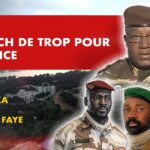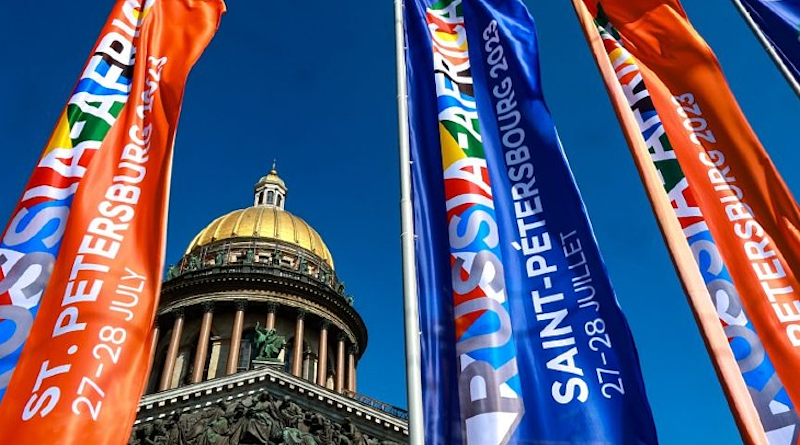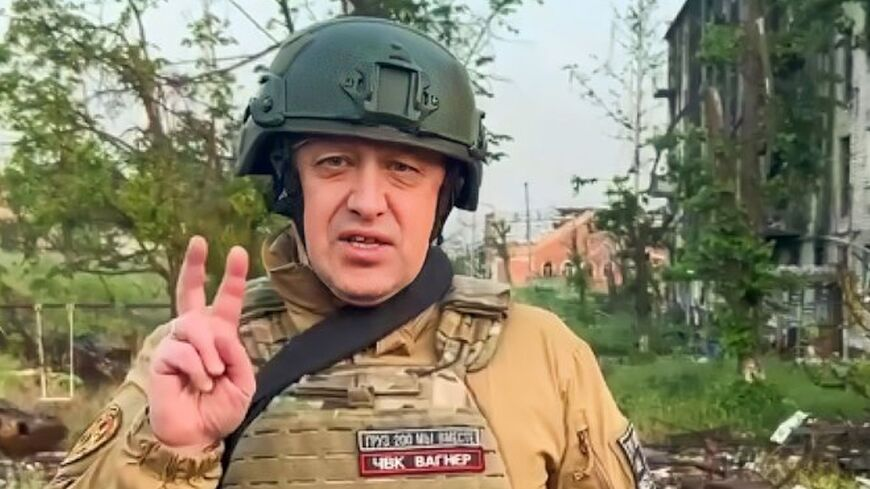
BRICS (Brazil, Russia, India, China and South Africa), a group of emerging market powers and as one of the most popular organizations, seeks to approve African States into its fold and build on its existing economic and trade with other invited African leaders during the 15th summit in Johannesburg, South Africa.
The BRICS members are meeting to deliberate on a broad range of important multiple issues, including new membership, common currency, various parameters of development and security and institutional architecture. More than 70 states are participating, and includes African leaders, while 23 States have submitted formal applications to join the group.
During his pre-summit visit to Addis Ababa, Foreign Minister Qin Gang pointed out Chinese support and solidarity with the government. Ethiopia’s relations with the West have deteriorated over the deadly conflict in its northern Tigray region.
In 2021, Washington imposed sanctions on Ethiopian officials involved in the conflict, cut aid and denied Ethiopia special access to the United States market under its African Growth and Opportunity Act of 2000. That however, China accused the United States of meddling in Ethiopia’s internal affairs, assured Addis Ababa’s desire to join BRICS.
Ethiopian Prime Minister Abiy Ahmed has also been vocal on critical issues, most of the time urging African leaders to look for inside, within the concept of African Problems, African Solutions. His views are mostly to focus on creating a fairer global system even while diversifying their partnerships under African strategies.
After a series of media monitoring and research, only three African States might gain membership into the bloc. These are Algeria, Ethiopia and Egypt. BRICS members have to agreement on the criteria, the differences of opinion between China and India, as well as Brazil, preclude a quick resolution to the issue of accepting new members.
But both Brazil and India have promptly rebutted this “assumption” against BRICS expansion. The essence of BRICS lies in unity, and while India harbours concerns about China’s economic clout and has consistently asserted the border disputes.
Notwithstanding these, if expansion finally happens it will bring the total of African representation to four, including South Africa. It implies, in principle, the new members contribute to the changing processes and further give potential force for substantial geopolitical shifts.
Many experts believe that the expansion of BRICS would help Beijing promote its Belt and Road Initiative projects. The potential expansion of the group has set off alarms for Brazil and India, which are proud of BRICS’ exclusive nature. In this group, China is the strongest country from an economics point of view. It is really positioning itself as a leader of the Global South.
China needs raw materials and Africa has a lot of them. China needs markets for its goods. It also needs investment projects, in particular for investing in infrastructure. China has a lot of companies building railroads, airports, seaports. Chinese President Xi Jinping plans to hold a special meeting, to be chaired by the host South African Cyril Ramaphosa, with with African leaders.
In addition, Xi and Ramaphosa talks to strengthen ties and will witness the signing of a number of agreements with African delegations, according to the South African president’s office. China and South Africa would have a comprehensive bilateral agreements.
Already on August 10, ahead of Xi’s visit, Chinese companies signed 20 deals to buy products worth US$2.2 billion from South Africa. South African Trade Minister Ebrahim Patel and Chinese Minister of Commerce Wang Wentao witnessed the signing at a meeting of a joint economic and trade committee aimed at boosting South African manufacturing exports to China. Anglo American Platinum, Glencore, Sappi and Pioneer Fishing were among South African companies involved in the agreements.
Across Africa, BRICS members are seen as important trade partners, sources of foreign investment and champions of the concerns of so-called developing countries, according to Tim Zajontz, a Research Fellow in the Centre for International and Comparative Politics at Stellenbosch University, South Africa.
“We can expect President Xi to stress at the summit that China and the BRICS are at the centre of South-South cooperation and ready to boost economic development across Africa,” Zajontz said, referring to collaboration among countries in the Global South.
In the run-up to the summit, however, the grouping’s shortcomings are in the spotlight. Some say there a lack of coherent vision. “The objective necessity for a grouping like BRICS has never been larger,” said Rob Davies, South Africa’s former trade minister, who helped usher his country into the bloc in 2010. “The multilateral bodies are not places where we can go and have an equitable, inclusive outcome.”
Still challenges abound for the BRICS and indeed the discussions surrounding its expansion. BRICS members have to reach the needed consensus, there is a broader problem that was in part referred to recently by Jim O’Neill, namely that there is a lack of focus on pragmatic themes that matter for the economy and markets. Too much effort has been expended at times on secondary issues that have no bearing on the economy, markets or global governance.
Lord Jim O’Neill, a former Goldman Sachs economist who first gave the BRICS bloc its name, has slammed the idea of the five nations ever collaborating to create a common currency. But O’Neill, who coined the bloc’s name in a 2001 research paper, is unconvinced. “It’s just ridiculous,” he told the Financial Times in an interview. “They’re going to create a BRICS central bank? How would you do that? It’s embarrassing almost.”
De-dollarization is the latest buzzword to capture the market’s imagination and refers to efforts aimed at undermining the greenback’s command of global trade by promoting the use of other currencies.
Proponents of the idea point to the fact that the dollar’s share of global reserves has fallen over the past two decades — though it still makes up nearly 60% of the world’s foreign-exchange holdings, according to the International Monetary Fund.
In the interview, O’Neill criticized the dollar’s role in directing the movements of other currencies around the world. “The dollar’s role is not ideal for the way the world has evolved,” he said. “You’ve got all these economies who live on this cyclical never-ending twist of whatever the (US Federal Reserve) decides to do in the interests of the US.”
Yaroslav Lissovolik, former Advisor to Russia’s Executive Director in the International Monetary Fund and currently the Founder of BRICS+ Analytics, argues that, despite the challenges and risks, BRICS+ together have the capability of creating a new layer of global governance that is represented by regionalism, i.e. coordination mechanisms for regional blocs and their development institutions.
With respect to the core, the BRICS are likely to unveil the main criteria for the expansion of the core, which may include among other things the economic weight of the candidate countries in their respective regions.
But before these grand plans are to materialize, BRICS needs to deliver on some of the most pressing issues for the global economy and for Africa, he explained, and added “the best contribution is for BRICS to create and deliver through support mechanism to African States. This, for instance, would go a long way towards contributing to the success of the African Continental Free Trade Area (AfCFTA).
With an estimated 58 million population, South Africa is the 25th largest country in the world. South Africa welcomed and fully supported the adoption by African nations of the African Continental Free Trade Agreement (AfCFTA) which we believe will contribute tremendously in pursuit of economic integration of our continent towards the attainment of our vision: Agenda 2063, the Africa We Want.
In a broad glance, Africa is growing in significance as an essential part of the world. And it is a natural task for South Africa to promote African agenda in this group. The theme: “BRICS and Africa: Partnership for Mutually Accelerated Growth, Sustainable Development and Inclusive Multilateralism” reflecting the priority for Africa.
Four of BRICS leaders will attend in person. Russian President Vladimir Putin will take part in the summit in an online format. Foreign Minister Sergey Lavrov will travel to Johannesburg to represent Russia at the summit in person.
But today, what is South Africa’s investment in BRICS? How do we assess the level of development, food security if BRICS control that huge natural resources and the human capital? How has South Africa, these several years as the only African State in BRICS, used its membership to facilitate and promote investment from BRICS into the African continent.
Ultimately, BRICS alliance represents a distinct shift in global power dynamics, it somehow provides a platform for greater influence and assertiveness on the global stage and will continue potentially reshaping the existing world order. At present, BRICS members account for 23% of global gross domestic product and 18% of trade, further have around 42% of the world’s population.










